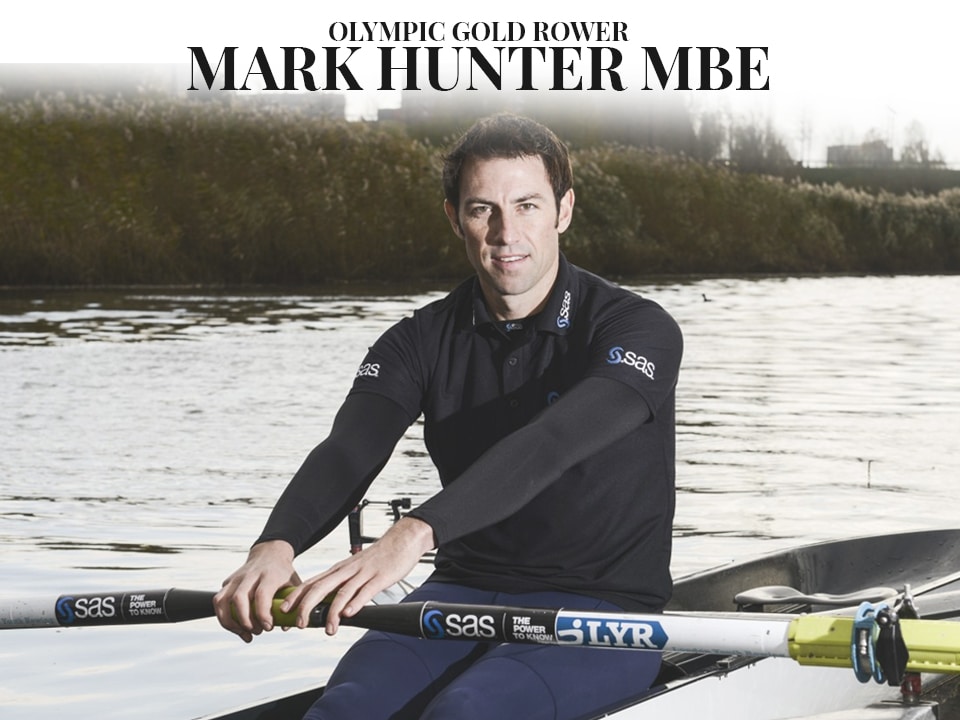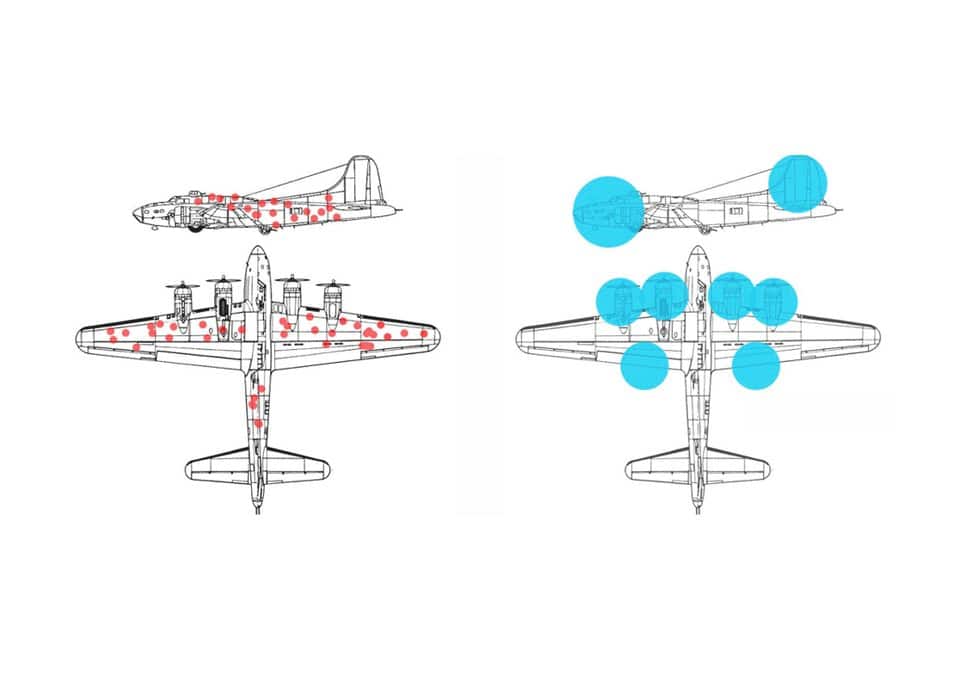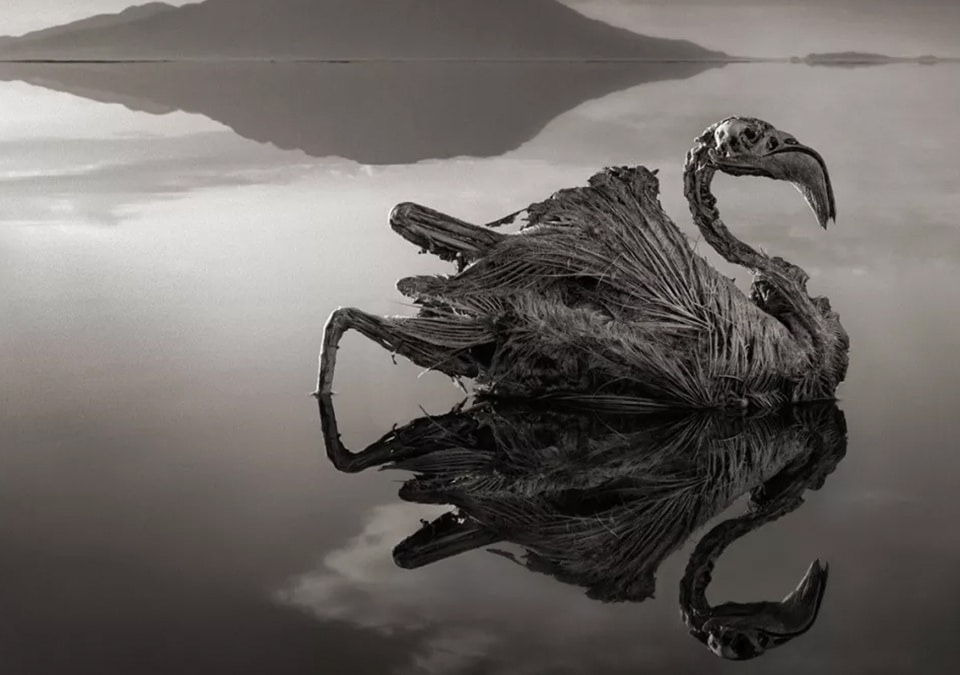
How an hourglass can help you retain information
October 12, 2020
Mark Hunter MBE (Olympic Rower): A story of true resilience
October 18, 2020It’s interesting how we most often seek the advice from people who succeeded, rather than those that failed. Why is that?
Is it an overconfidence feeling of: If they did it, I can do it?
Or a trust feeling of: If they did it, well then obviously it’s possible?
Hold on! So because Vesna Vulovic survived falling from a plane at 33,000 feet (10,000 metre), it’s possible that you could jump out a plane without a parachute and survive. Right? Yeah of course. But what’s the probability of you surviving, when you start looking at the numbers of how many people didn’t survive? Pretty low I would guess.
I love this example of second world war bombers that were analysed on their return. They saw clear bullet patterns in the same places on the planes. Without much further thought the US Military started working on adding extra protection to those areas.
Then the rather clever Abraham Wald realised that the analysts had what is today known as “Survivorship Bias”. What about all the planes that didn’t make it back? Those were the ones that needed analysing.
I’ve done this plenty of times, as you get ‘wowed’ by the stories of success and heroism. But over the years I’ve learnt loads from both the most successful and those that failed. Or at the very least ask the most successful questions like: What their biggest failure was? When they felt most lucky in their life? An example of a really tough time in their life?
Be An Infinite Learner





